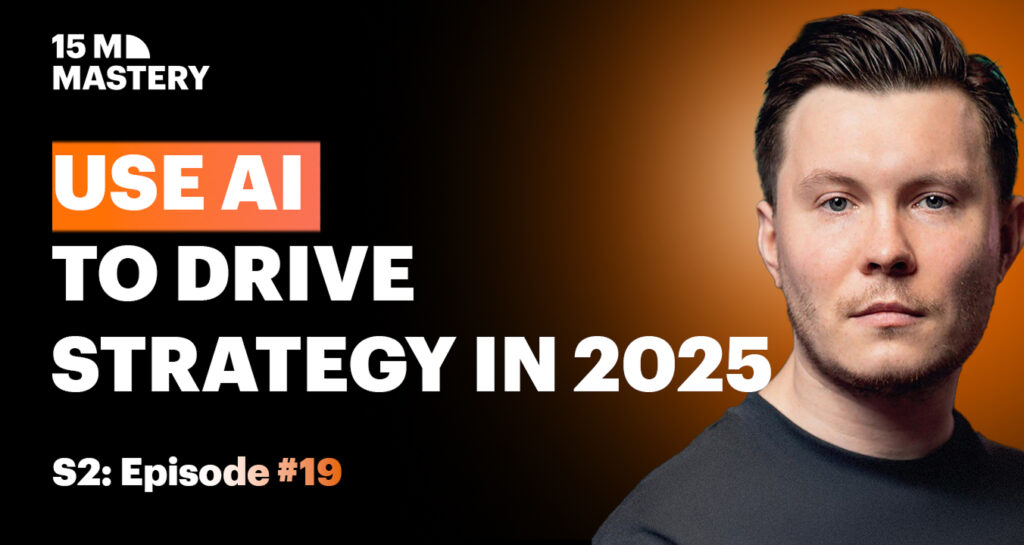Market research has undergone a seismic shift with the rise of artificial intelligence (AI). In the iGaming industry, understanding future trends and consumer behaviours is more critical than ever. Leveraging AI-driven tools, industry leaders are unlocking actionable insights to guide decision-making and create winning strategies.
Proactive Market Analysis: The Key to Staying Ahead
Traditional market research often relies on retrospective data, which can miss emerging trends. AI, however, offers a forward-looking lens by analysing massive data sets to identify patterns and predict behaviours.
“AI allows us to anticipate what’s next rather than just reacting to what has already happened,” Max Tesla explained. By integrating AI tools into market analysis, companies can:
- Detect early signals of market shifts.
- Forecast consumer preferences with greater accuracy.
- Uncover niche opportunities before competitors.
This proactive approach enables businesses to tailor their offerings to align with anticipated demands, ensuring they remain ahead of the curve.
Leveraging Technology to Gain Deeper Insights
AI is a transformative tool for generating precise and actionable insights. Gaming companies can dig deeper into customer data by harnessing advanced algorithms and machine learning models.
“Technology allows us to connect the dots in ways we couldn’t before,” Max Tesla noted. These innovations empower researchers to:
- Analyse customer sentiment in real-time.
- Identify correlations between gameplay behaviours and purchasing patterns.
- Customise user experiences to drive engagement.
Moreover, integrating AI with existing research frameworks can enhance both speed and accuracy. For instance, predictive analytics can model the success of a new game or feature based on historical data combined with current trends.
AI in the Gaming Industry: A Perfect Match
The gaming sector presents a unique canvas for applying AI-driven market research. The complexity of player behaviours and rapid technological advancements make traditional methods insufficient. AI’s ability to adapt to evolving data ensures that insights remain relevant.
During the episode, Max Tesla highlighted some standout applications:
- Player Retention: AI helps identify at-risk players and suggests targeted interventions to retain them.
- Content Personalisation: Algorithms can recommend in-game purchases or custom features based on player preferences.
- Global Expansion: By analysing regional trends, companies can fine-tune strategies for different markets.
As the gaming industry grows more interconnected, these capabilities become indispensable.
Actionable Takeaways for Gaming Leaders
For organisations looking to integrate AI into their market research toolkit, these steps can provide a solid foundation:
- Invest in AI-powered platforms: Choose tools designed to process large data sets and generate predictive insights.
- Train teams on AI applications: Ensure marketing and research teams understand how to interpret and apply AI-driven findings.
- Combine AI with human expertise: Use AI to streamline data analysis while relying on expert judgment for strategic decisions.
- Monitor and refine continuously: AI models improve over time, so continual updates and adjustments are crucial.
Shaping the Future of Market Research
AI is not just a tool but a catalyst for reimagining market research in the gaming industry. Its ability to predict trends, personalise experiences, and optimise decision-making positions businesses for sustained success. By embracing these technologies, gaming companies can better understand their audiences, anticipate shifts, and create experiences that resonate.
In the words of Max Tesla, “The future of market research is not about looking back; it’s about looking forward with clarity.” With AI leading the charge, the gaming industry is poised to unlock new levels of innovation and growth.



.svg)


